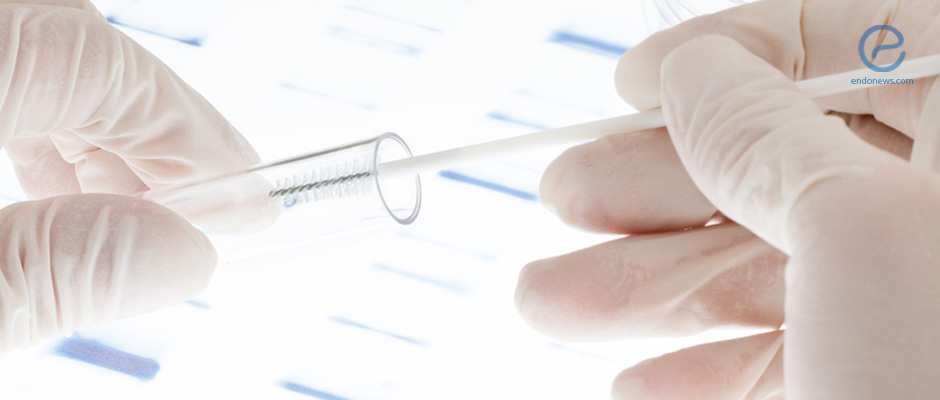Mapping the Cellular Landscape of Endometriosis and Progesterone Resistance
A new study published in he peer-reviewed scientific journal Clinical and Translational Medicine offers a single-cell transcriptomic atlas of peritoneal endometriosis, deep-infiltrating endometriosis (DIE), and ovarian endometriosis, shedding light on the cellular heterogeneity and potential mechanisms driving progesterone resistance across subtypes. Researchers from the Department of Obstetrics and…
Key Points Lay SummaryMicroRNA-Mediated Hormone Dysregulation in Endometriosis
The expressions of certain micro RNAs and estrogen receptor (ER) beta are significantly upregulated while that of ER alfa is downregulated in the ectopic endometrium, according to a new study published in the scientific journal Biomedicines. However, the expression of…
Key Points Lay SummaryImmune Dynamics in Adolescent Peritoneal Endometriosis
In a study published in the Cells, Khashchenko et. al investigated the potential role of immune cell imbalances in adolescent peritoneal endometriosis, and their potential impact on disease progression and response to progestogen therapy. This study provides new insights into how immune imbalances in adolescents with…
Key Points Lay SummaryEndometriosis and Progesterone Resistance
Progesterone resistance is the unresponsiveness of endometrium with subsequent dysregulation of the progesterone signaling pathway, and endometrial gene works. Progestins, on the other hand, are the first-line treatment choice, especially for long-term treatment of endometriosis. In the clinics, one-third of…
Key Points Lay SummaryExploring the Potential Impact of Prenatal Testosterone on Endometriosis
The exact causes of endometriosis still remain uncertain but emerging evidence suggests that prenatal factors may contribute to its development. In the review study by Bernard J Cresp et al, the authors discuss the hormonal environment during prenatal development and…
Key Points Lay SummaryPredictability of IVF success by basal progesterone levels on patients with endometriosis
Endometriosis causes infertility in around 30-40% of all diagnosed women. Thus, strategies leading to more successful IVF results remain important. In the prospective study by Jovan Bila, the menstruation day 3 levels of serum progesterone were questioned to have a…
Key Points Lay SummaryThe effect of postoperative hormonal medication preferences on the recurrence rate of endometrioma
Endometrioma is the most investigated type of endometriosis. The recurrence after surgery is important regarding its and reoperation’s effect on ovarian functions. In the study conducted by Seung-Hye Choi et al, the researchers questioned the effect of different postoperative hormonal…
Key Points Lay SummaryA novel contribution to patient management in endometriosis by immunohistochemistry
Dr. Tarumi and associates from the Kyoto Prefectural University of Medicine, Kyoto, Japan published their retrospective cohort study on the importance of progesterone receptors on recurring ovarian endometriosis in "The Journal of Clinical Endocrinology & Metabolism". Surgery for endometriosis is…
Key Points Lay SummaryAn Overview on Treatment of endometriosis
There are different guidelines by different gynecological societies for the diagnosis and treatment of endometriosis, which is an extremely complex illness. Kalaitzopoulos and Samartzis et al. from Switzerland worked on and compared six national and two international widely used guidelines to…
Key Points Lay SummaryIs it the new gold mine for endometriosis: oral GnRH antagonists
Progestins and combined oral contraceptive pills are the first step hormonal options for women with endometriosis. But the more the use expands the more cases are seen with resistance to progestins. This gave birth to a need for different therapeutic…
Key Points Lay SummaryA hot research topic: macrophage reprogramming for endometriosis treatment
Daria Artemova and colleagues from several research institutes of the Russian Federation have published their review on the cellular aspects of endometriosis related to macrophages, particularly emphasizing promising therapeutic options for the future in "International Journal of Molecular Sciences". Macrophages have…
Key Points Lay SummaryLow-Dose Aspirin as a Potential Treatment for Endometriosis-Related Infertility
Treatment with low-dose aspirin could downregulate progesterone resistance and increase the expression of leukemia inhibitory factor (LIF) during the implantation window, according to a study that used a rat model of endometriosis. This, in turn, could improve endometrial receptivity and…
Key Points Lay SummaryImplantation failure in endometriosis patients - Jovana Lekovich, MD., PhD.
Endometriosis is one of the leading reasons for infertility due to decreased oocyte/embryo quality, fertilization ability, tubal function, and aberrant endometrial receptivity. Whether this failure is caused by oocyte/embryo or eutopic endometrium is one of the investigated topics in endometriosis…
Key Points Lay SummaryProgesterone Receptors and Endometriosis.
Endometriosis is characterized as a chronic and inflammatory disease in which the specific cause has not been completely understood. Nonetheless, altered estrogen signaling and progesterone resistance are the common attributes of endometriosis. Progesterone resistance is partly attributed to a decrease…
Key Points Lay SummaryCabergoline or Progesterone not Effective in Rat Model of Endometriosis
Oral treatment with cabergoline or micronized progesterone for four weeks is not effective in the regression of endometriotic implants in a rat model of the disease. This is according to a study published in the "Journal of Investigative Surgery". Cabergoline…
Key Points Lay SummaryMenstrual Blood Proteins for Endometriosis Diagnosis
Endometriosis is a gynecological disorder characterized by endometrial tissue outside the uterine cavity. The backflow of menstrual blood from the uterus through the fallopian tubes is thought to be the cause of endometrial tissue growing outside the uterine cavity when…
Key Points Lay SummarymiR-92a and progesterone resistance in endometriosis
Endometriosis is an estrogen-dependent disorder. This incidence of this disease is 35% to 50% among those who suffer from chronic pelvic pain and infertility, which has a negative effect on the quality of life and on health. Recent genome-wide associations…
Key Points Lay SummarySteroid hormone receptors in endometriosis
Therapeutics that target the steroid hormones are the standard treatment for women with endometriosis because steroid hormones play an important role in endometrial physiology and pathogenesis of endometriosis. Examples of these therapeutics include anti-estrogens, estrogen receptor (ER) modulators, progestins, and…
Key Points Lay SummaryRegulation of Inflammation in Endometriosis
Endometriosis is an estrogen-dependent and multifaceted gynecological condition. Unfortunately, this disease frequently causes chronic and cyclic pelvic pain. Though there are several treatments are available, there is not an actual cure for this disease. Therefore, the development of new therapy…
Key Points Lay SummaryA new target for the treatment of endometriosis?
Endometriosis affects around 10% of women in reproductive age, estimating more than 176 million women worldwide. Inflammation in the pelvic cavity is very common in endometriosis patients. Therefore, there are high concentrations of cytokines and immune cells in the peritoneal…
Key Points Lay SummaryThe Effect of Imbalanced Progesterone Receptors-A/B on Gelatinase Expressions in Endometriosis
Endometriosis is a benign disease which affects approximately 10% of reproductive-aged women and is one of the most common reasons for infertility. Though the underlying mechanisms of disease progression have not been clearly understood, it develops as a consequence of…
Key Points Lay SummaryThe link between autoimmunity and endometriosis
A popular model to explain the etiology of endometriosis is Sampson’s theory of retrograde menstruation. In this model, the viable endometrial tissue is spread and attached to the peritoneal cavity through the fallopian tubes during menstruation, resulting in an inflammatory…
Key Points Lay SummaryEndometriosis and nuclear receptors
It is well recognized that endometriosis is a steroid-dependent disorder. In endometrial stromal cells, progesterone regulates retinoic acid production and action. Retinoids also act via a number of nuclear receptors (NRs) and are involved in normal endometrial function and endometriosis. Estrogen…
Key Points Lay SummaryProgesterone Receptor Status in Endometriosis
Some patients do not respond to progesterone hormone therapy. In this study recently published in the Journal of Clinical Endocrinology and Metabolism, the authors led by Hugh S. Taylor from the Department of Obstetrics, Gynecology and Reproductive Sciences from Yale…
Key Points Lay SummaryWill my Endometriosis Respond to Hormone Therapy?
Every woman has a different set of hormone receptors in the lining of their uterus. Yet, hormone-based therapies that are used to treat women with endometriosis do not take into consideration these differences among patients. Analyzing, which particular hormone receptors…
Key Points Lay SummaryReason Why Hormone Therapy Alone Cannot Cure Endometriosis Uncovered
Researchers in Belgium have shed light on why hormone therapy cannot cure endometriosis on its own in a study published in the scientific journal Gynecological Endocrinology. Their findings could shape the direction of future research and may help to find…
Key Points Lay SummaryEFA Medical Conference 2017: "Hormone and Cytokine Sensitivity in Endometriosis" Presentation by Dr. Robert Taylor
The first presenter of the “Estrogen from Inflammation to Cancer: A Distant Link?” section of EFA 2017 Medical Conference was Dr. Robert Taylor from Wake Forest University Health Sciences. Dr. Taylor’s presentation was titled “Hormone and Cytokine Sensitivity in Endometriosis.”…
Key Points Lay SummaryProgesterone resistance can cause endometriosis
Progesterone is a steroid hormone produced by the corpus luteum of ovaries. Abnormal progesterone signaling (i.e., progesterone resistance) in the endometrium has been implicated in the establishment of eutopic and ectopic endometrial implants. Several causes for faulty progesterone signaling have been…
Key Points Lay SummaryEstrogen Receptor-β in Women’s Health
Since the discovery of estrogen receptor (ER), there has been a vast number of studies regarding its functions in cellular and physiological processes. The identification of estrogen receptor-β (ERβ), a second receptor, resulted in a much more complex understanding of the…
Key Points Lay SummaryA New Treatment Time-Table for Controlling Endometriosis-Associated Pelvic Pain
It is no secret that Endometriosis is an extremely painful disease. Unfortunately, science has yet to determine a treatment that can effectively treat the disease or the associated pain. In their paper titled “Ethinylestradiol 20 mg/drospirenone 3 mg in a…
Key Points Lay SummaryCCL19/CCR7 Interaction can Casue Characteristic Cell Proliferation
In their paper published in the American Journal of Reproductive Immunology titled “CCL19/CCR7 contributes to the pathogenesis of endometriosis via PI3K/Akt pathway by regulating the proliferation and invasion of ESCs,” Diao et al. hope to elucidate one of the mechanisms…
Key Points Lay SummaryUpdates in the Field of Endometriosis: Epigenetics
In this chapter titled “A Review of the Epigenetic Contributions to Endometriosis,” Grimstad and Decherney examine various epigenetic influences that drive endometriosis disease progression. The epigenetic alterations they discuss include DNA methylation, histone modification, chromatin architecture changes, nuclear receptor modulation,…
Key Points Lay SummaryDienogest for endometriosis pain in clinical practice
Dienogest is a synthetic progestogen that has been marketed as a medical treatment for endometriosis. Previous randomized controlled clinical trials have shown that it is effective in women with endometriosis at different stages of the disease. Given its recent introduction,…
Key Points Lay Summary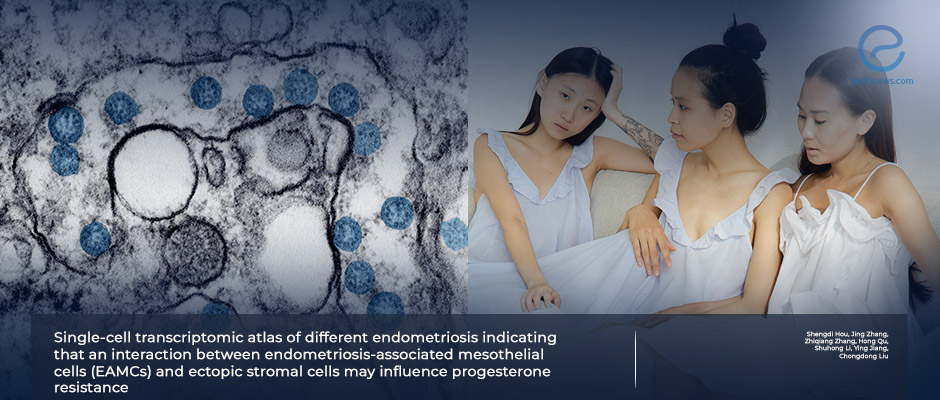
 By Özge Özkaya
By Özge Özkaya
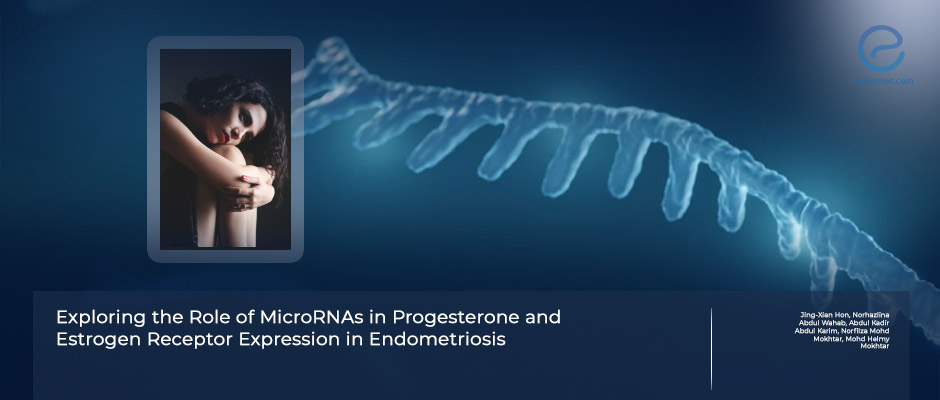

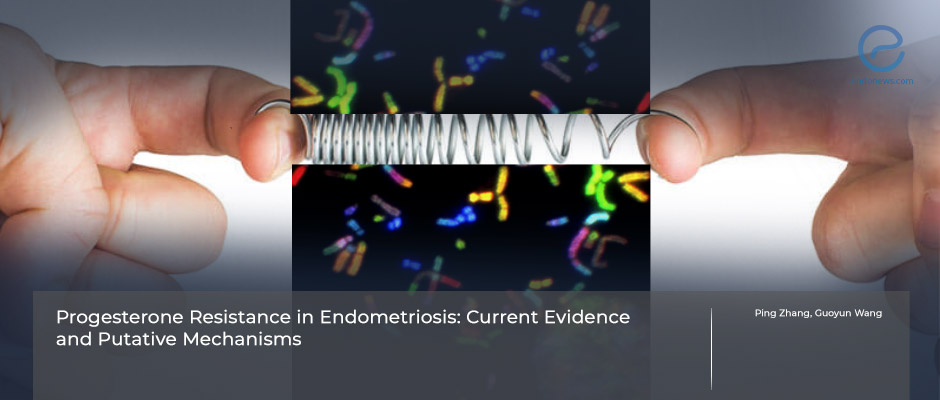
 By Selma Oransay
By Selma Oransay
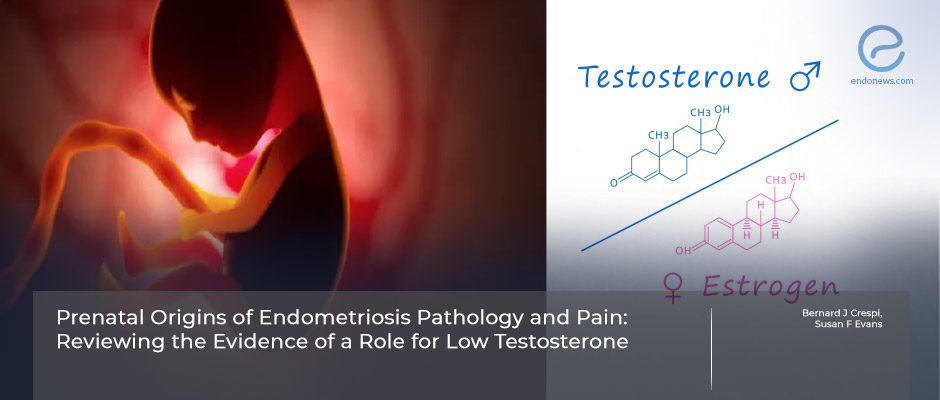
 By Bahar Yuksel
By Bahar Yuksel
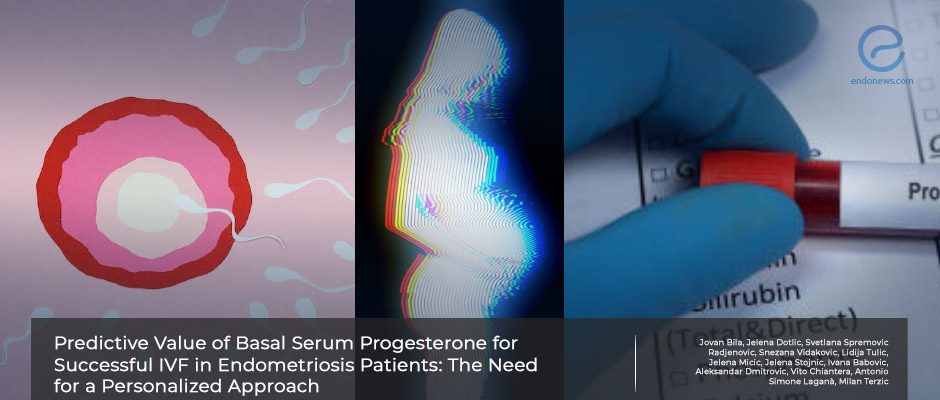
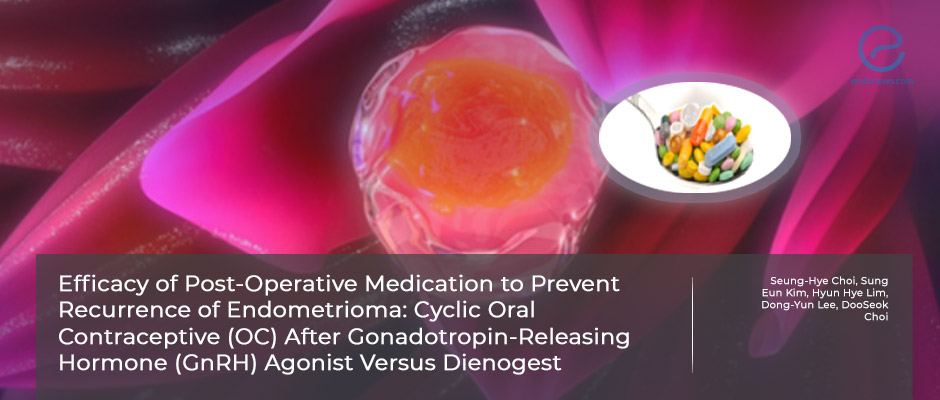
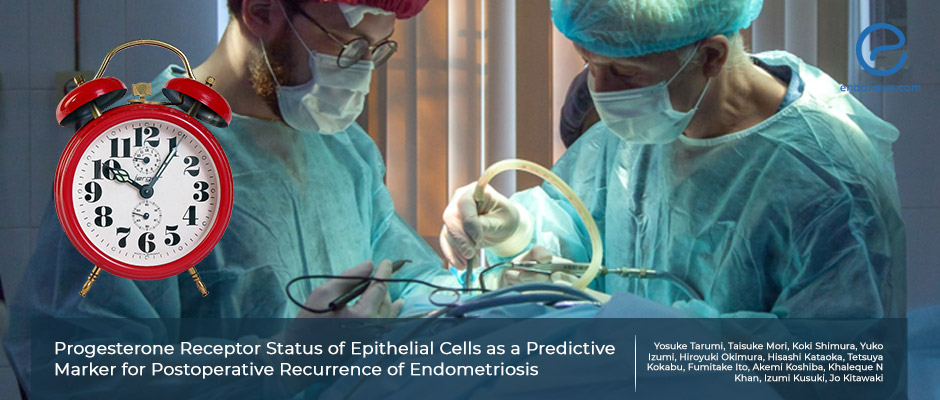
 By Nasuhi Engin Aydin
By Nasuhi Engin Aydin
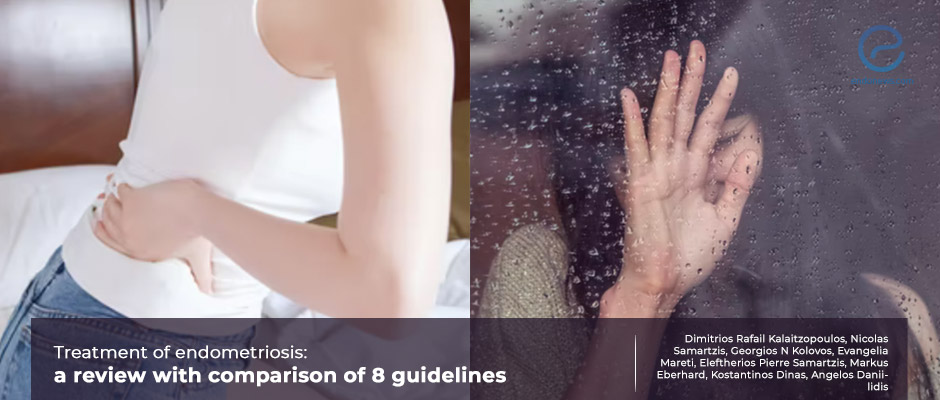
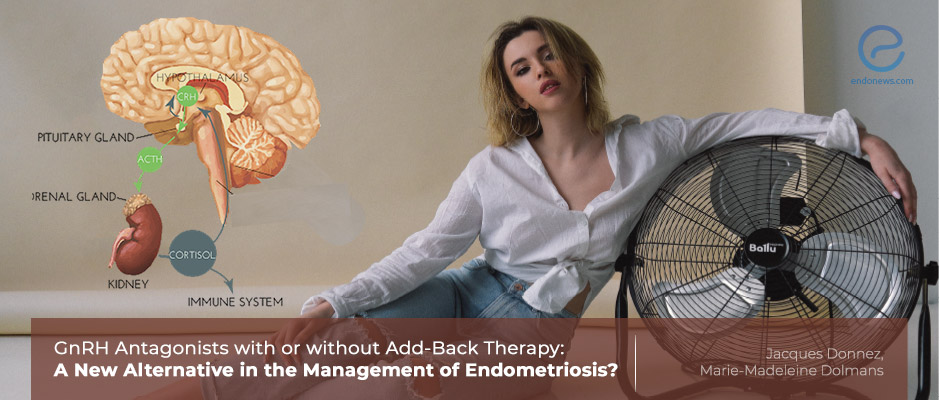
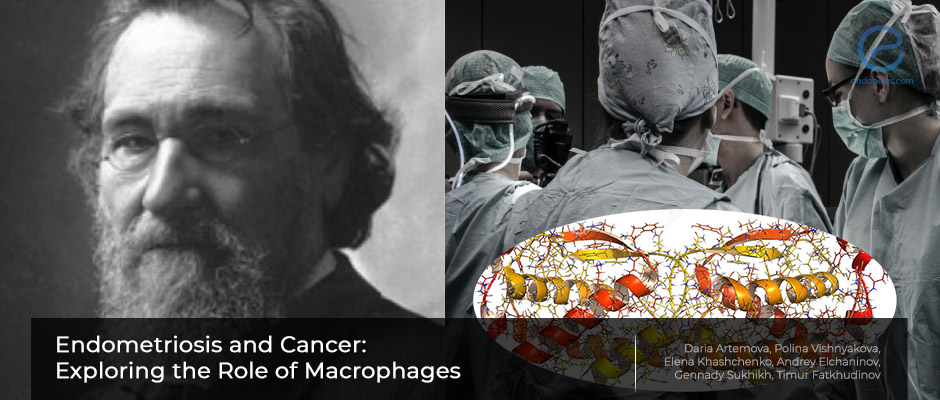
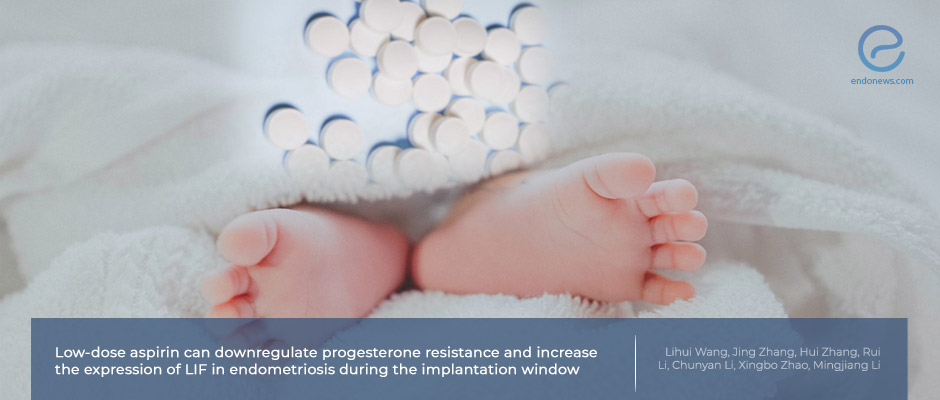
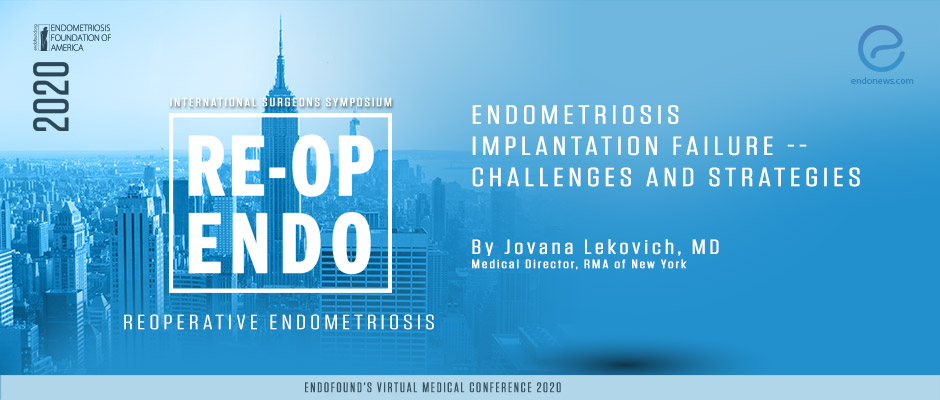
 By Hale Goksever Celik
By Hale Goksever Celik
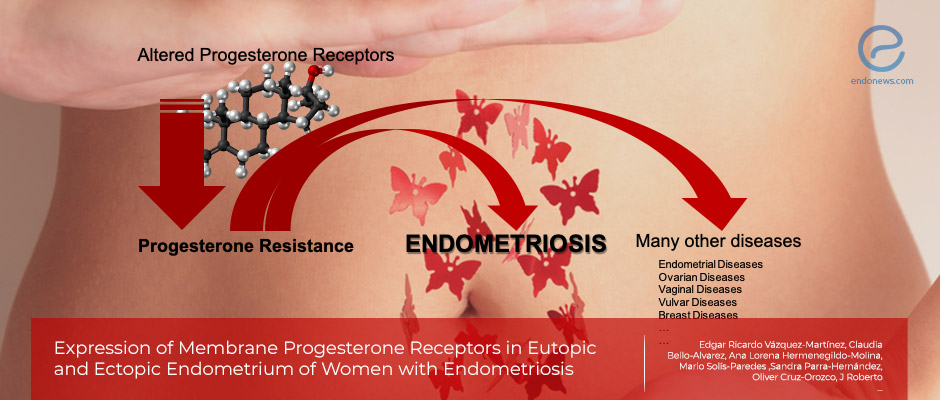
 By Ellen Tumimbang
By Ellen Tumimbang
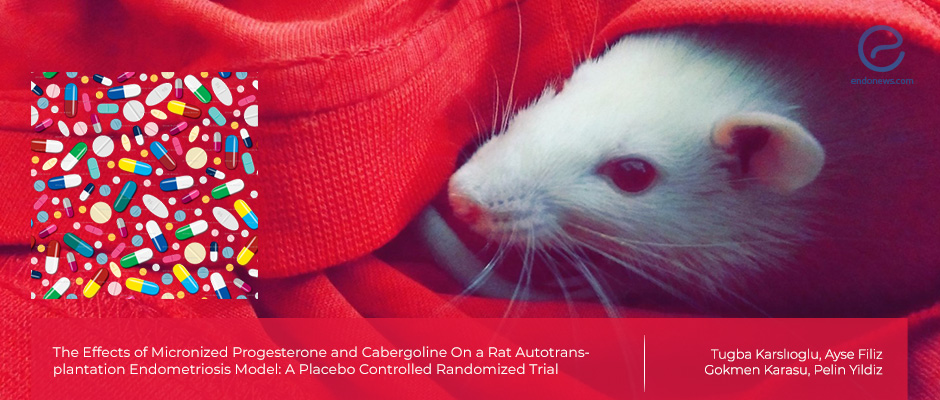
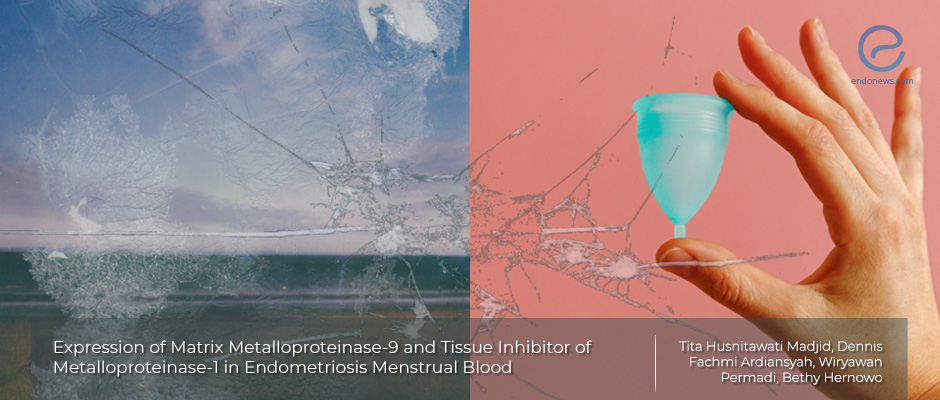
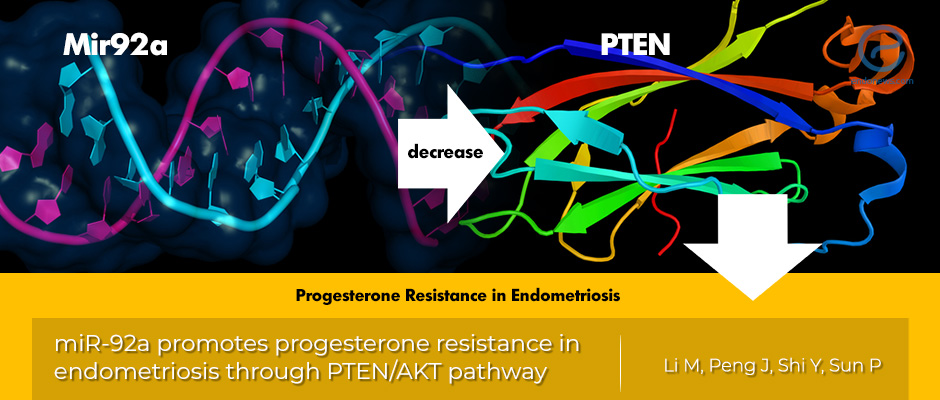
 By Dr. Youngran Park
By Dr. Youngran Park
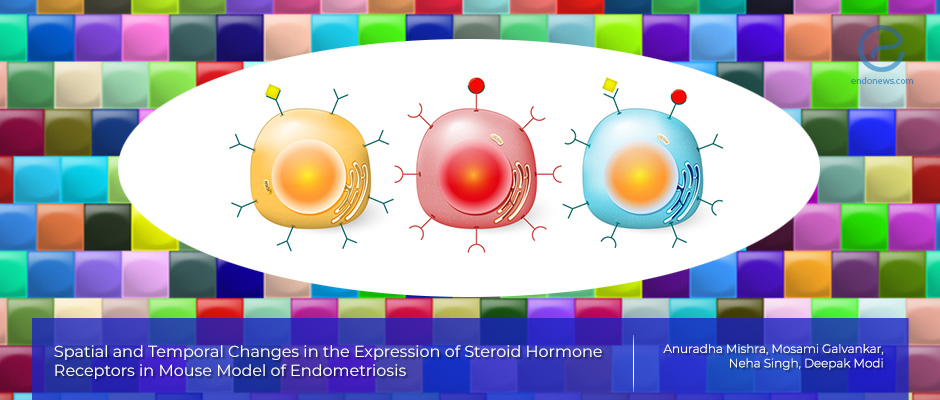
 By Yohan Suryo
By Yohan Suryo

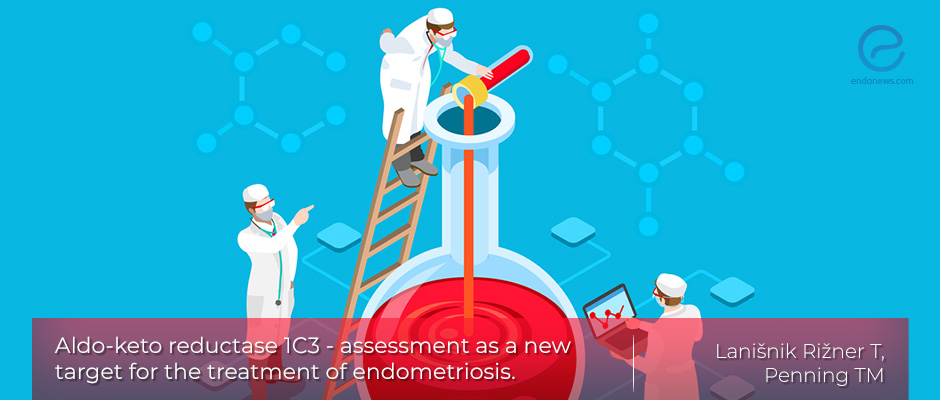
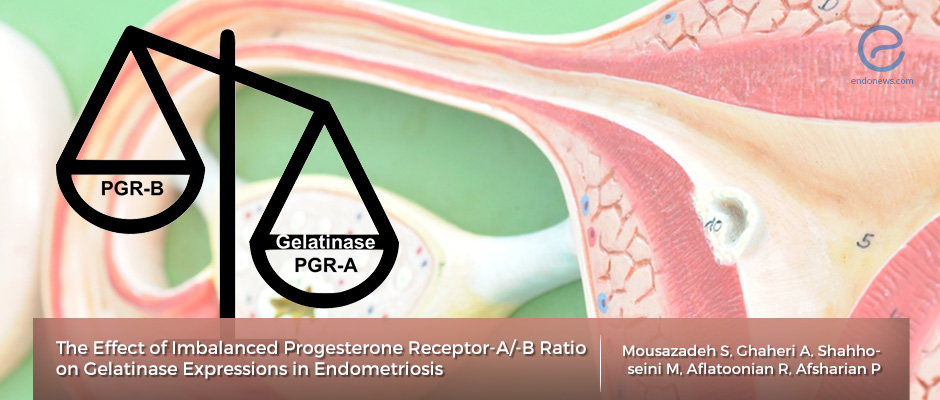
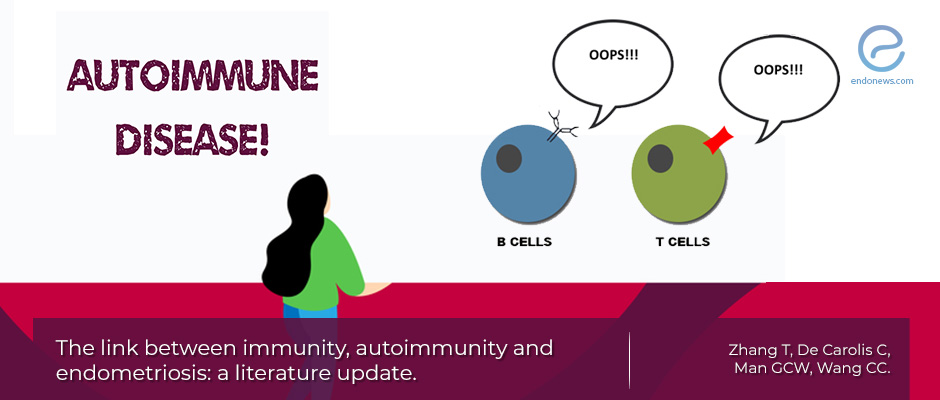
 By Yu Yu
By Yu Yu
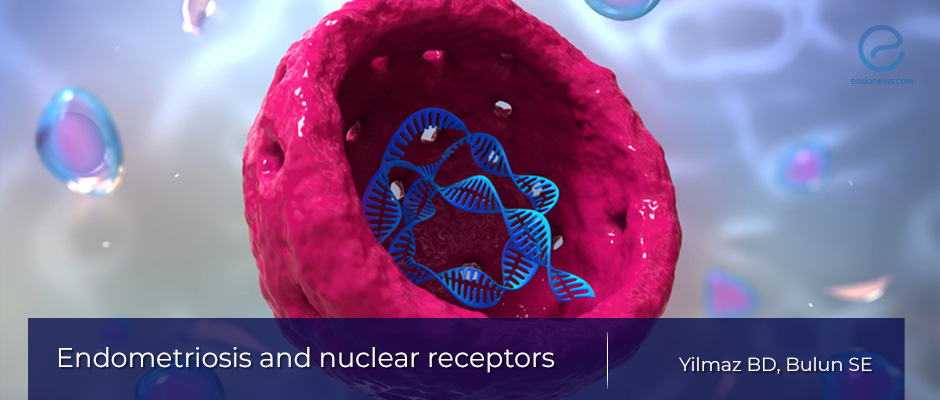
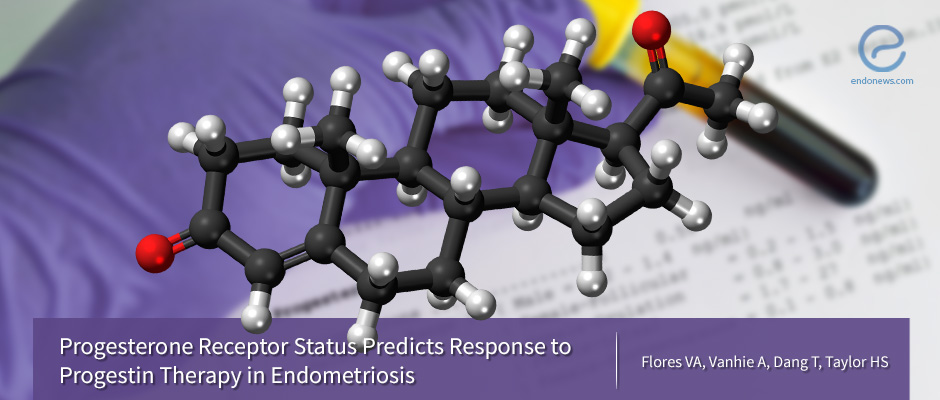
 By Serdar Balci
By Serdar Balci
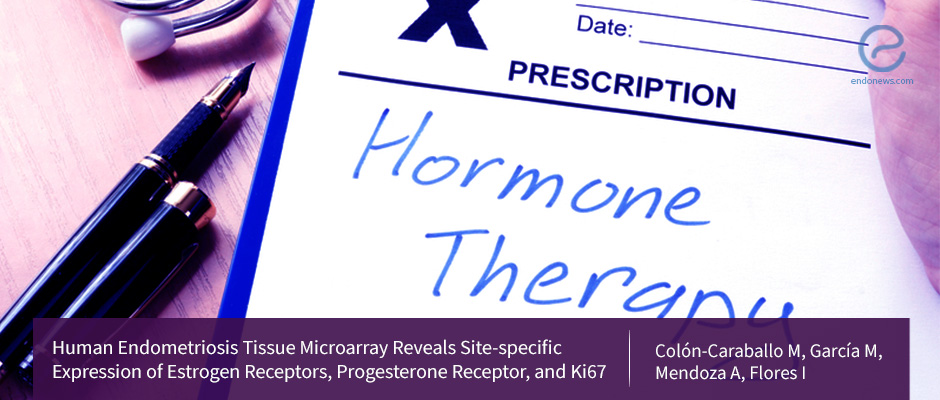
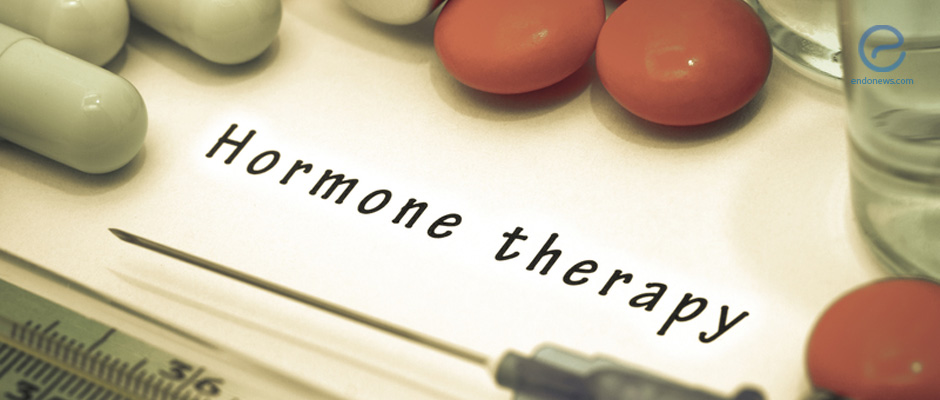

 By Kasthuri Nair
By Kasthuri Nair

 By Demet Candaş Green
By Demet Candaş Green



